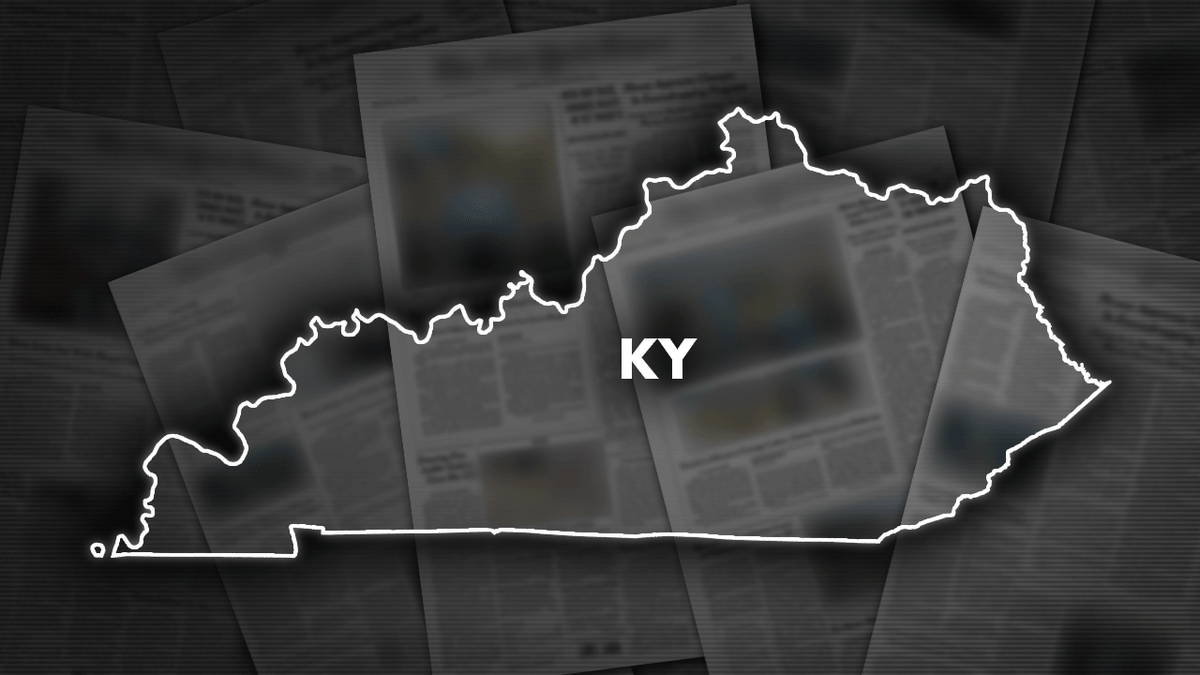Fox News Flash top headlines for February 23
Fox News Flash top headlines are here. Check out what's clicking on Foxnews.com.
A Kentucky Senate committee advanced a bill Thursday to expand an address confidentiality program intended to protect domestic violence victims from their abusers.
The measure builds on a limited, little-utilized program that shields victims' home addresses from voter rolls. The program would be broadened to mask their addresses on other publicly available government records if the bill becomes law.
The proposal heads to the full Senate next after clearing the Senate Veterans, Military Affairs and Public Protection Committee. It would still need House passage if it wins Senate backing.
Kentucky Secretary of State Michael Adams said Thursday that the greater protections are needed in a state plagued by one of the nation's highest rates of domestic violence. The Secretary of State's office would administer the expanded program.
"When a victim decides to leave and find a safe place, often her abuser is able to find her, sometimes by finding her new location through easily accessible and free public records," Adams said in promoting the bill. "We can and must do more to protect victims."

A Kentucky address confidentiality program aimed at protecting domestic violence victims was passed by a state Senate committee
The bill also aims to expand the program's accessibility.
Currently, victims who obtain court-issued protective orders can have their addresses hidden when registering to vote. Many victims don't obtain those orders, Adams said. Under the bill, victims who sign a sworn statement would have their addresses shielded from the broader list of records.
"I think that we will broaden the pool of people who can access this program," said Republican Sen. Julie Raque Adams, the bill's lead sponsor,
CLICK HERE TO GET THE FOX NEWS APP
The measure would bring Kentucky’s efforts in line with 38 other states that offer comprehensive programs for masking the home addresses of domestic abuse victims on public records. The Secretary of State's office runs Kentucky's address confidentiality program related to voter rolls.
The program, created a decade ago, has fewer than 50 people participating, Michael Adams said.














































